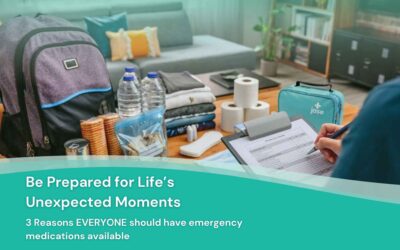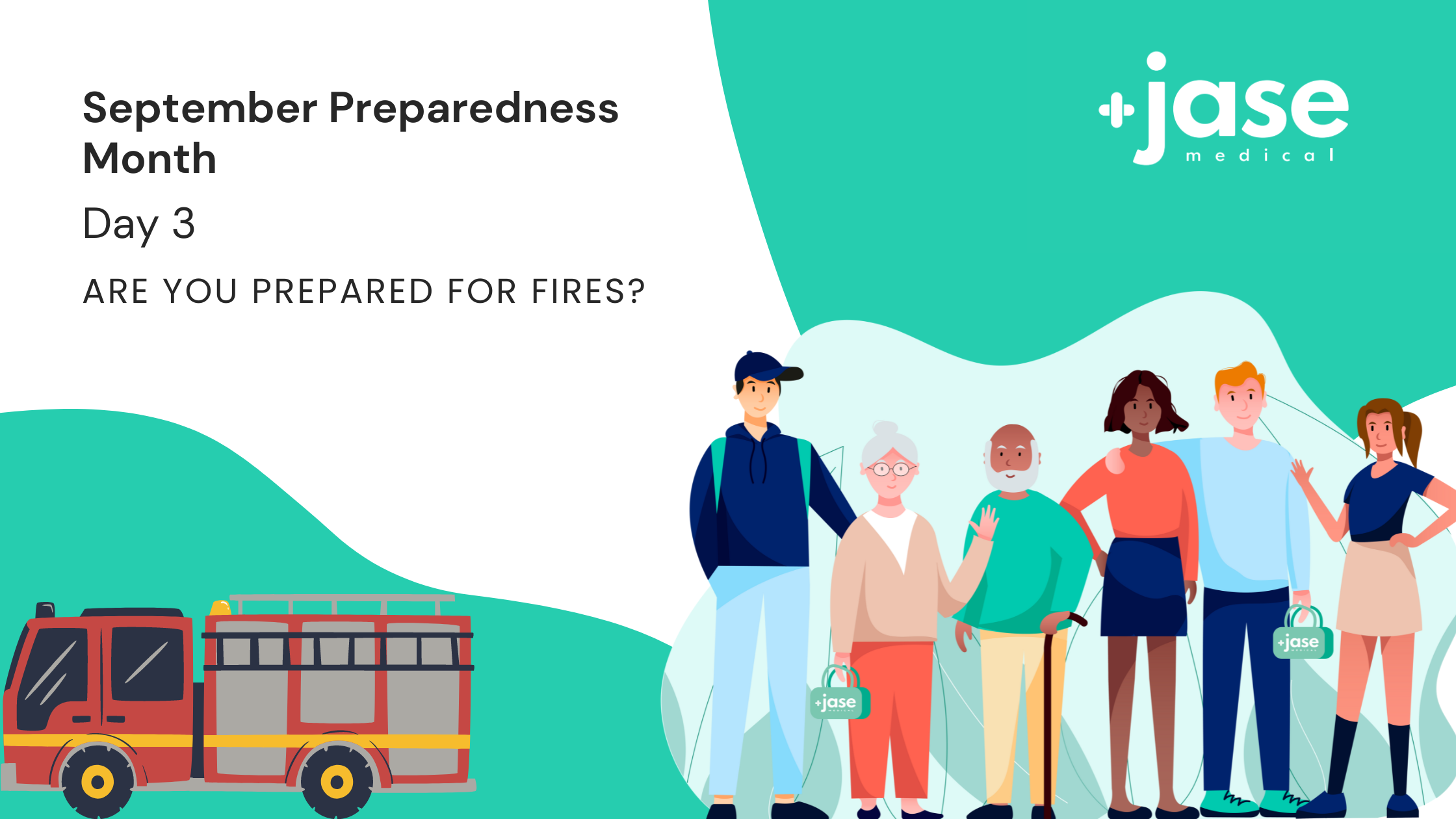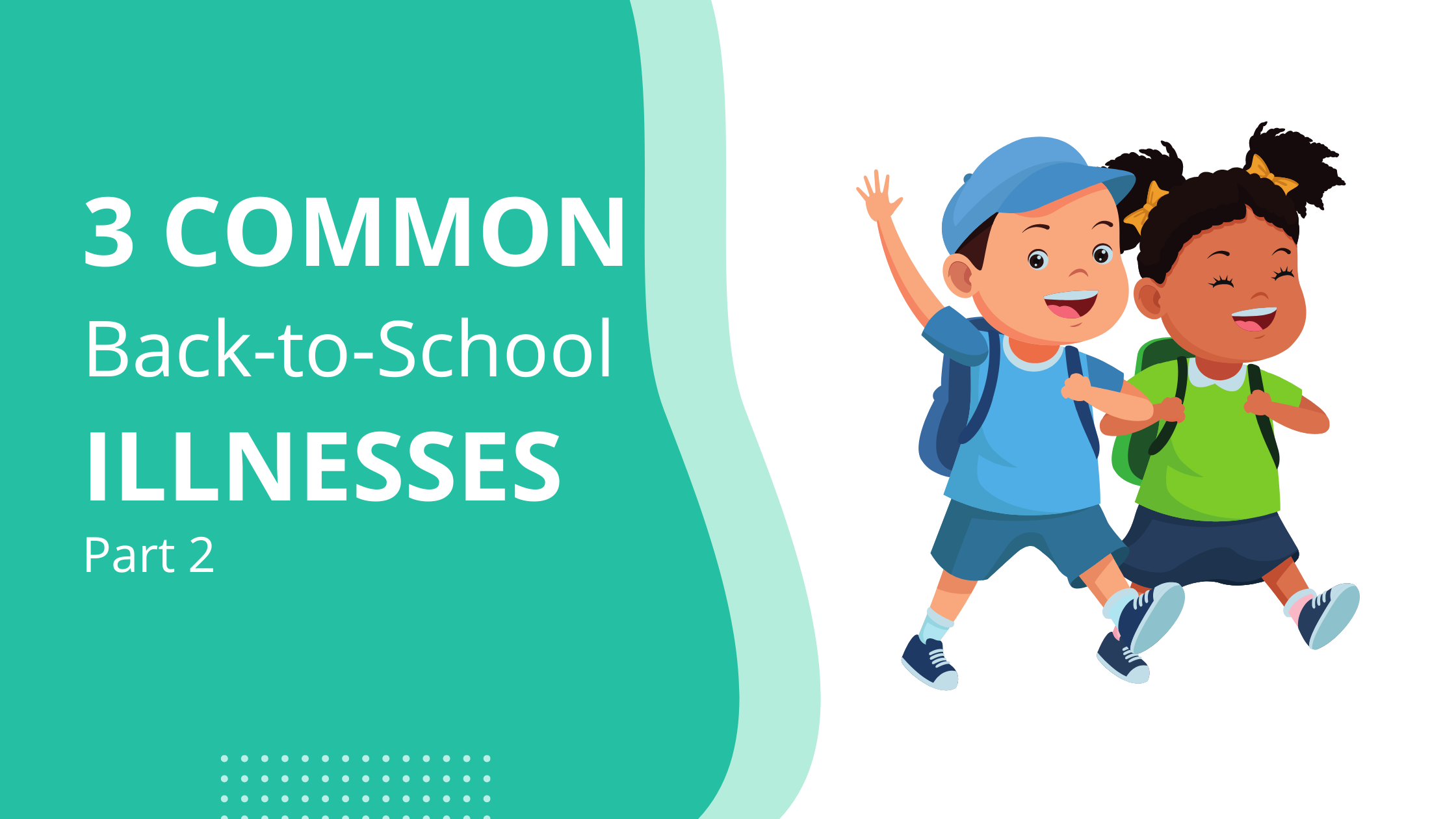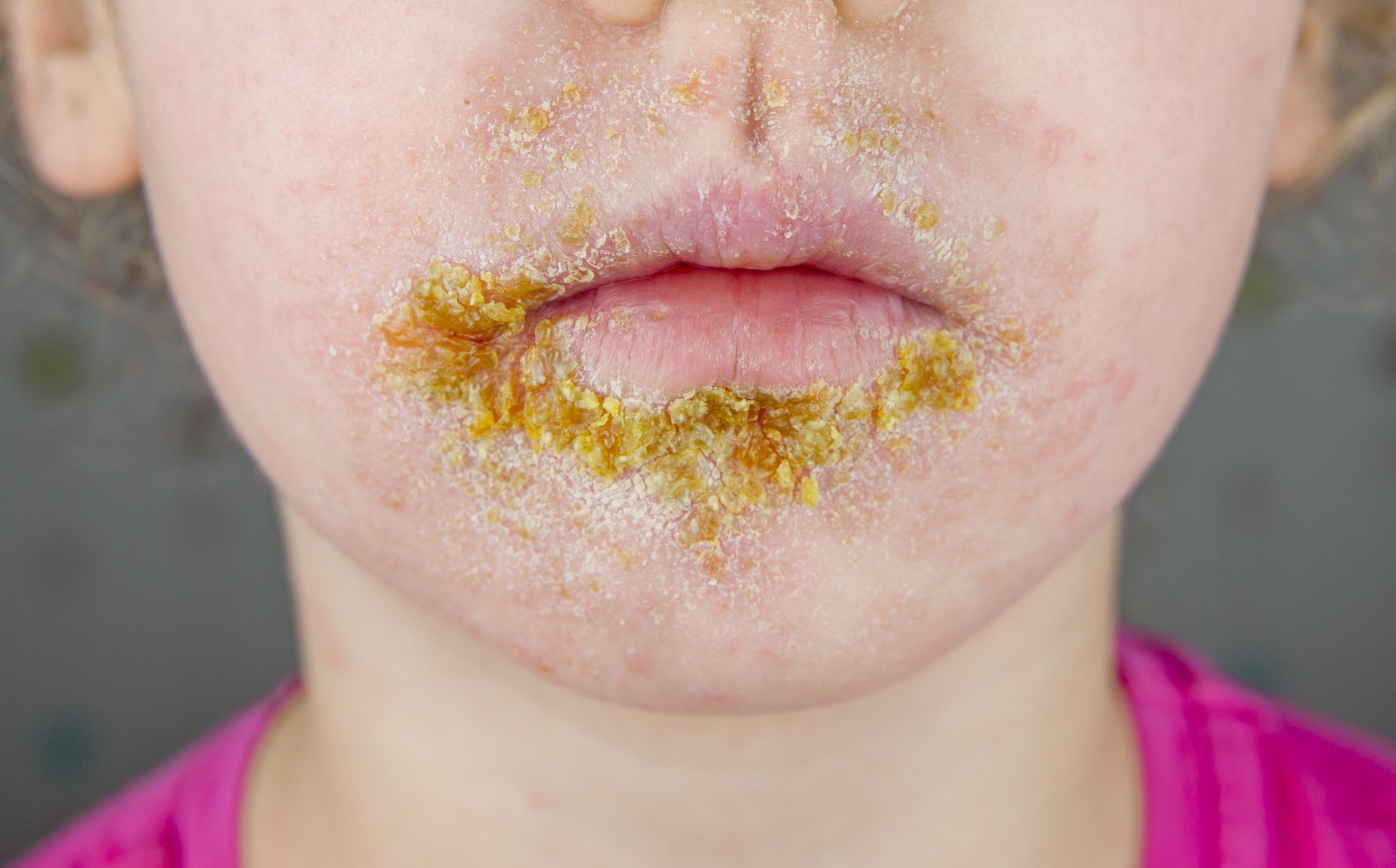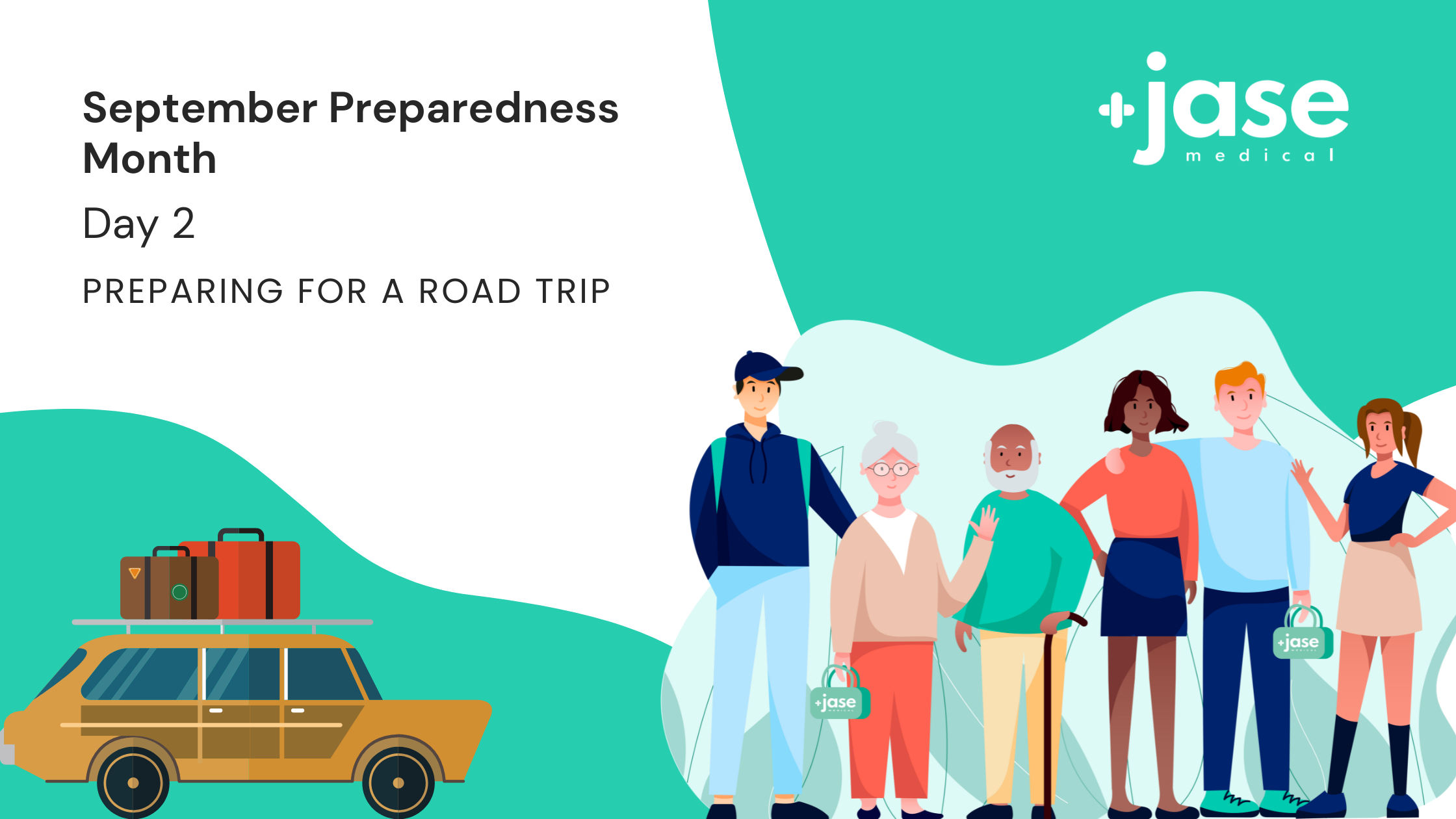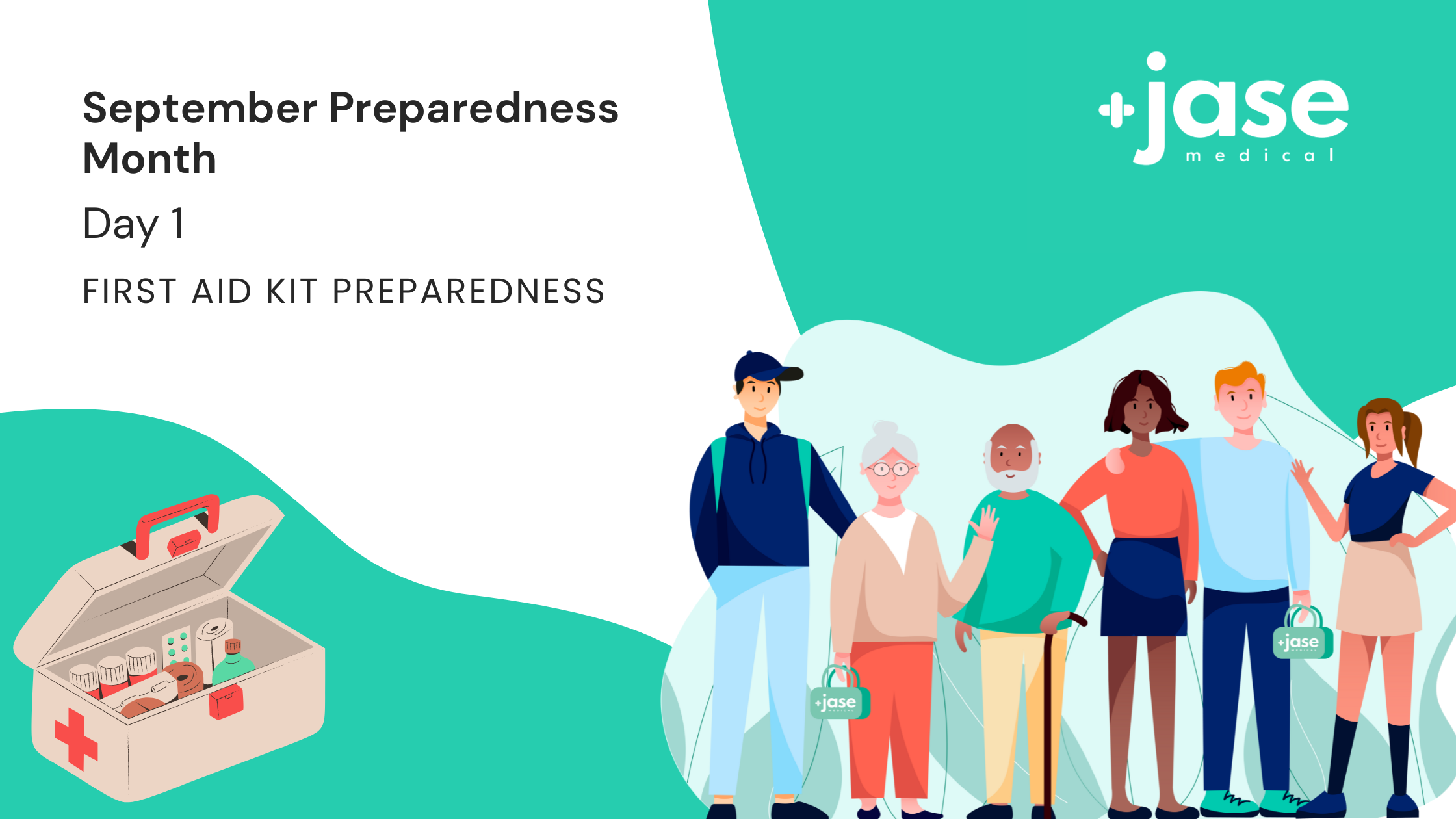3 Reasons EVERYONE should have emergency medications avaiable. It's all about access—access to medications and care when you need it most. And when things happen outside of your control that access can disappear.Below are 3 examples of how easily this access can be...
Are you Prepared for Floods?
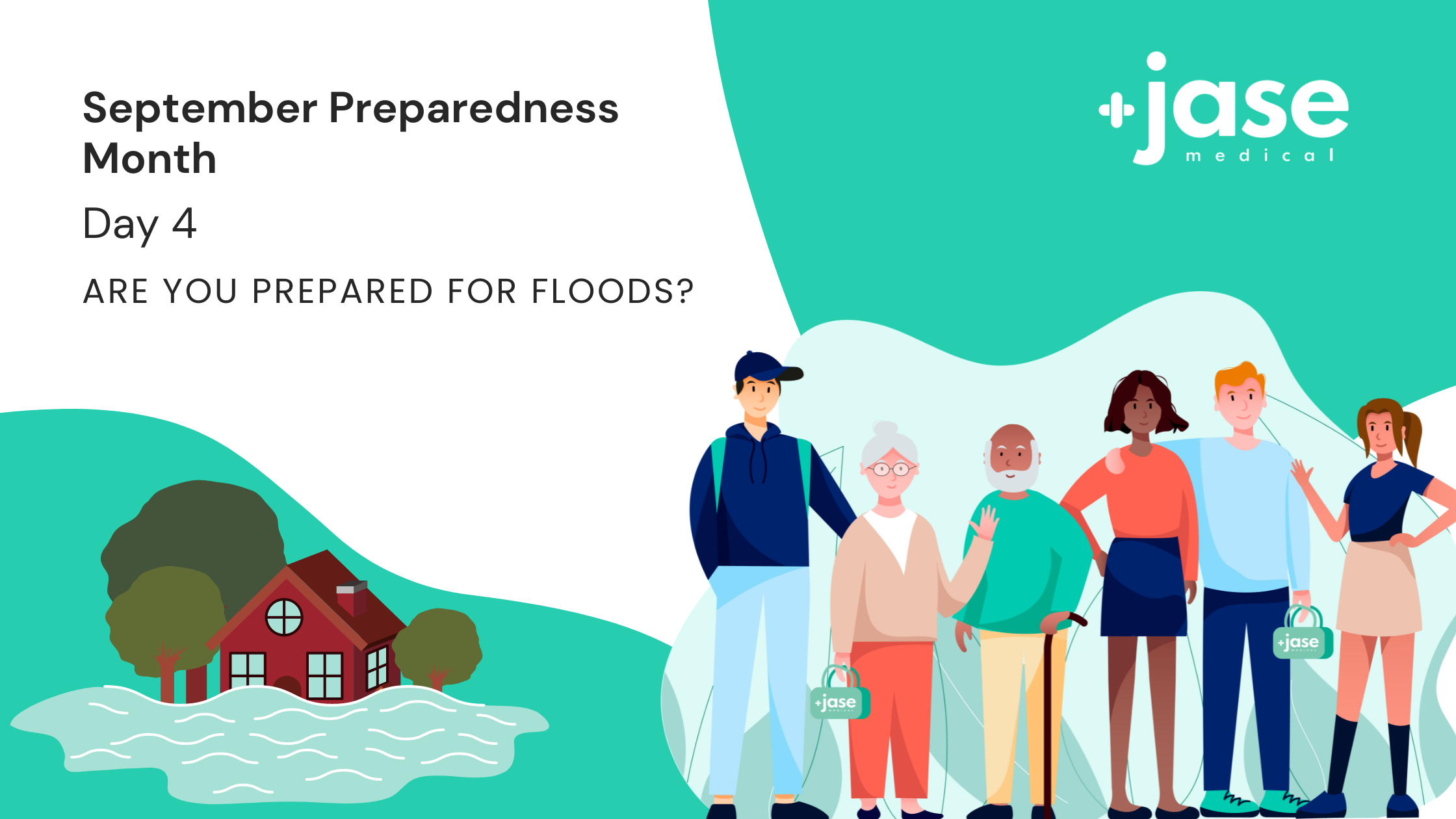
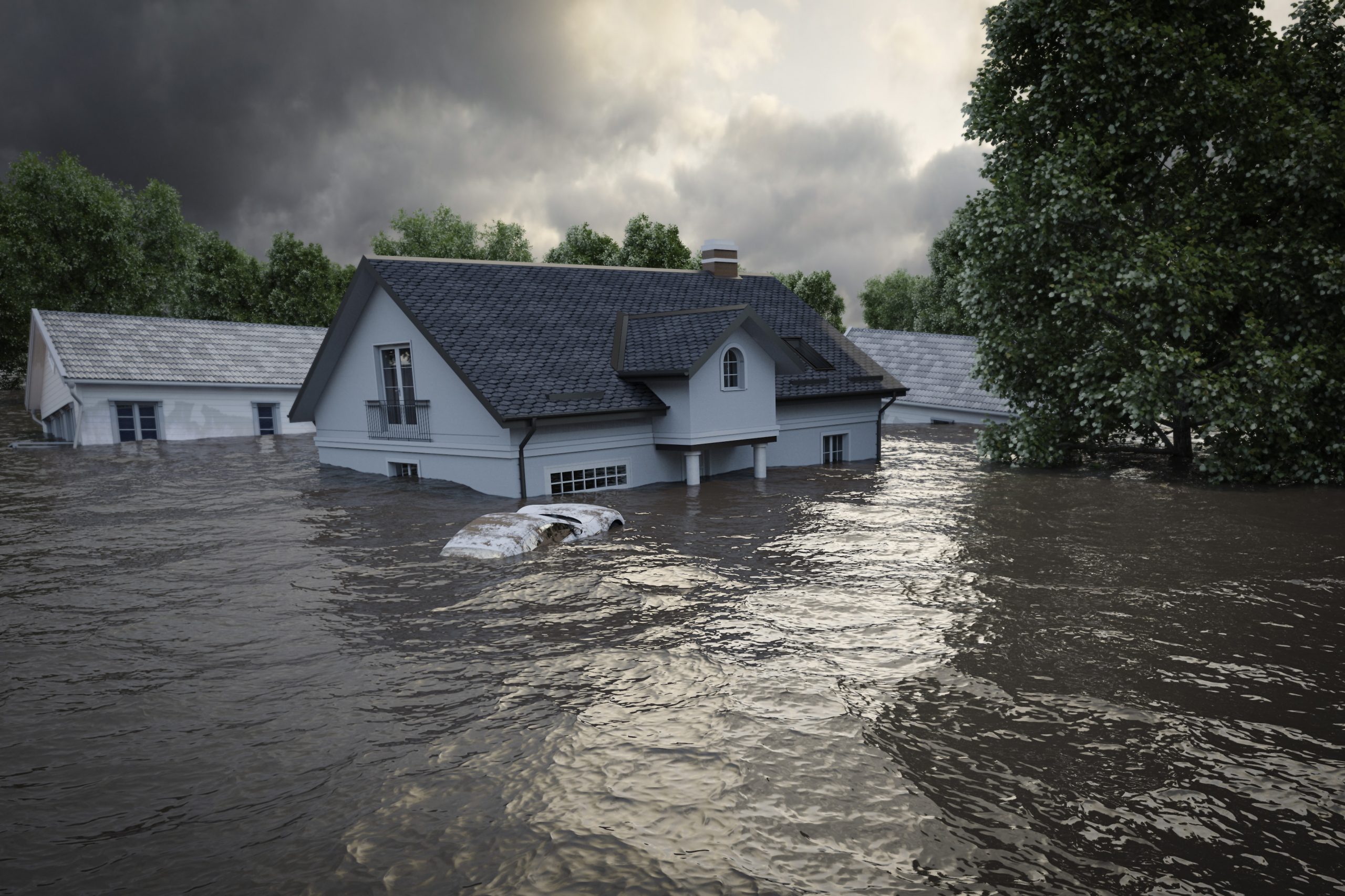
According to Flood Defenders, a nonprofit organization working with local governments to provide adequate flood protection:
- Flooding has cost US taxpayers more than $850 billion since 2000
- Is responsible for ⅔ of the cost from all natural disasters. In small towns and large cities
- America has experienced an urban flooding event once every 2-3 days for the past 25 years.
Health risks post flood
Homes that have been flooded, whether from natural disasters such as rain, hurricanes or rivers breaching their shores or pipes leaking and bursting in walls, dishwashers, sinks or bathtubs can pose some very serious health risks. Sewage can overflow, which can bring deadly bacteria and viruses, mold from damp homes after flood waters have receded, and electrical hazards pose serious health risks.
Mitigating those risks
Having some basic supplies and items on hand if you live in a known flood zone or your area is prone to heavy rainfall can help alleviate some of the risks associated with floods.
Have a bag put together with each member of your group/family in mind:
- Extra meds (prescription and nonprescription)
- Store your important papers and health records in a portable waterproof container- a box or bag- to take with you if you need to evacuate.
- Bottled water
- Water filtration- find one that can remove chemicals along with bacteria and viruses like the Alexapure pitcher
- Hand sanitizer
- Dry towels
- Gloves- both a pair of work gloves and a box of gloves
- Dry clothing and extra shoes in plastic, waterproof bags
- Flashlights with extra batteries
- Small tool kit, with hammer, pliers, small crowbar, etc.
- Small radio with batteries- to ascertain if help is coming, etc.
- Nutritious prepackaged snacks such as dried fruits and nuts in case help isn’t readily available.
- Small boxes of juices
After the flood
Post flood is the most dangerous time regarding health. If you live in a warm and humid area mold growth can cause significant health risks. Cold areas where flooding is likely can cause hypothermia and even frostbite if you are exposed to the elements and are wearing wet or damp clothing. A few tips before entering your home post flood:
- FEMA has put out an excellent pamphlet on how to deal with mold and mildew in your home., download and read this important information before venturing into your home, since mold and mildew can be odorless and colorless, exercise extreme caution before going into your home post flood.
- Your home may be structurally unstable, have a building inspector to inspect the structural integrity of your home before entering it. Akso, contact an electrician to check out your home before entering it.
- Do not use your gas or propane stove until you are suer all is dry and that the gas lines are safe to use. Also, inspect and make sure carbon monoxide alarms are working.
Lifesaving Medications
Recent Posts
Keeping you informed and safe.
Be Prepared for Life’s Unexpected Moments
Youth Preparedness: Teaching, Building, and Coping with Disasters
Educating and preparing your children ahead of time means fewer surprises in the event of an emergency.Growing Up Prepared: Empowering Youth in Disaster Preparedness As we observe National Preparedness Month, it's crucial to remember that disasters can strike at any...
Low-Cost and No-Cost Emergency Preparedness Measures
Small steps today, mean a safer tomorrow for you and your loved ones.Low-Cost and No-Cost Emergency Preparedness So far in our series for National Preparedness Month this September, we've already covered How to Make an Emergency Plan for Your Household and How to...

